Consortium's projects

Developing personalized algorithms based on active learning for drug discovery
Within Acuité Québec, Dr. Bengio and his team will develop a common software package enabling AI techniques to be applied to any drug development problem. AI approaches will be based on active learning methods, taking advantage of iterative feedback between proposed candidates and experimental results.
Develop innovative DNA-encoded chemical libraries supported by AI
The aim of this project is to develop a new centralized university-industry platform based on the synthesis of innovative libraries encoded by novel DNA heads (DELs), supported by biophysics and artificial intelligence, so as to expand chemical space and maximize diversity and the discovery of new molecules with therapeutic potential.




Reference brain mapping for neurodegenerative diseases using dMRI
Dr. Jodoin and his team will use diffusion magnetic resonance imaging (dMRI) to assess disease progression and treatment response in patients. dMRI is a non-invasive approach in which image contrast is measured on the basis of tissue water diffusion with high resolution. Using AI, they will develop an adaptation method based on deep learning to establish a large reference map of the brain's white matter from healthy subjects in order to subsequently compare their white matter microstructure with that of patients.
Macrocyclic epitope mimics for superior antibody design
The project aims to use molecular modeling and molecular dynamics calculations to design and synthesize macrocyclic epitope mimetics (MEMs) as antigens to generate conformational antibodies. MEMs are a technology for generating monoclonal antibodies with macrocycles that are more suitable than linear peptides for mimicking 3D protein structures. For each target, we will build in silico a library of macrocycles mimicking selected secondary structures of the target protein and rank the conformational sets to select the best linker/sequence combination to mimic the targeted structure. Secondly, recombinant chicken antibodies will be selected by cloning using Immune Biosolutions' antibody discovery platform.



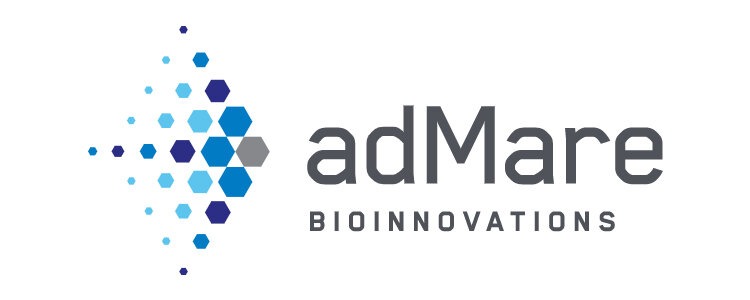
Machine learning-based approaches to determine in vivo effects of potential drugs from unbiased analysis of cell signaling and response profiles
During their participation in the Acuité Québec project, Dr. Pineyro's team will determine whether describing cannabinoids according to their signaling profiles and the anti-inflammatory responses they elicit in cultured microglia can confidently identify products with the greatest potential to prevent/mitigate CNS inflammation. To do this, they will establish an analysis pipeline that classifies drugs according to the similarity of in vitro responses and associates the resulting categories with in vivo results. Combining the cellular and molecular activities initially characterized in vitro with specific in vivo responses should enable more predictive models of drug action to be established.
Transforming peptides into small reference molecules therapeutics
The aim of the project is to use artificial intelligence and machine learning to discover novel small molecules with drug-like properties that will be potential new therapeutic candidates for the NTS1, NTS2 and APJ receptors. We will first use peptides to rapidly establish the structure-activity relationship with the receptors, and then exploit this relationship with the help of AI to transform peptide leads into small drug-like molecules. We'll integrate properties such as lipophilicity, polar surface, metabolic stability, solubility, toxicophoricity and synthesis right from the start, so that chemists can easily navigate the expanded chemical space and find quality leads more quickly.

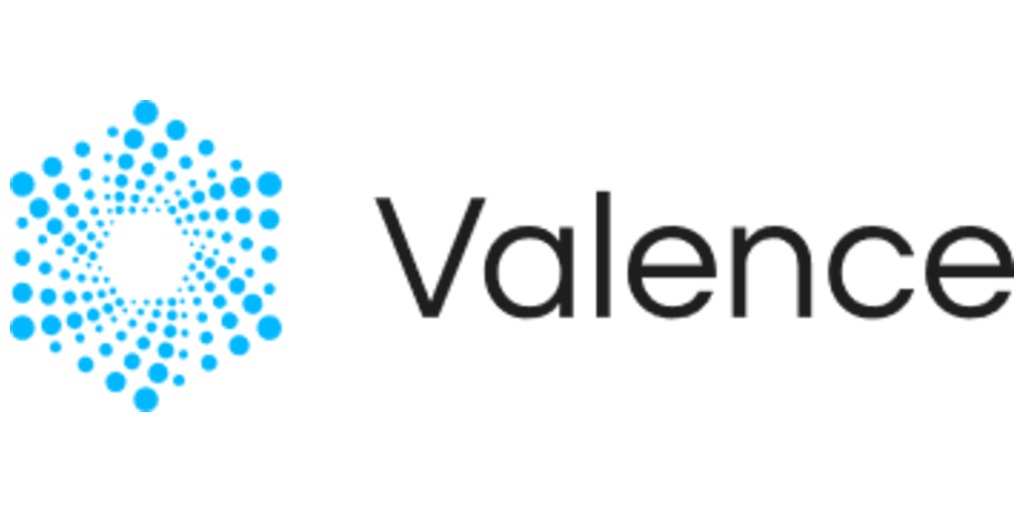

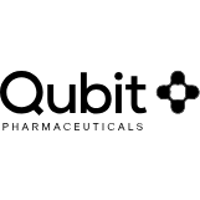
Christallography supported by computational chemistry
Dr. Martin Audet's objective is to establish at IPS the first phase of a multidisciplinary structural biology and molecular modeling platform dedicated to accelerating the discovery of new small molecule drugs. This platform will be based on the combination of in silico hybrid quantum computing (Qubit Pharmaceuticals), X-ray crystallography (Martin Audet), pharmacology (Philippe Sarret) and medicinal chemistry (Pierre-Luc Boudreault). This unique resource in the Sherbrooke region will accelerate target validation and drug screening, and foster the development of start-up companies in Sherbrooke and the Quebec pharmaceutical environment to deliver innovative medicines to patients.
Development of BRET-based biosensor mouse lines to measure drug action
The aim of Prof. Bouvier and his team is to develop a new biosensor platform for real-time evaluation of drug responses, both in vitro and in vivo. Taking advantage of a protein complementation approach, combined with optimal energy transfer between luciferase markers and genetically-encoded multicolored fluorescent proteins, this new technology for detecting protein movement has been dubbed "multiplexing Resonance Energy Transfer (RET)-based shuttling technology" (mRES-t). Using these biosensors, they will also determine the key elements in the signaling network of cancer cells using a genetic interaction graph (GI-Graph) generated by machine learning (ML). The genetic interaction graph will be generated from a set of statistical attributes based on patients' differing sensitivity to anti-cancer therapies, enabling key nodes in signaling pathways to be established and a potential therapeutic target to be predicted.






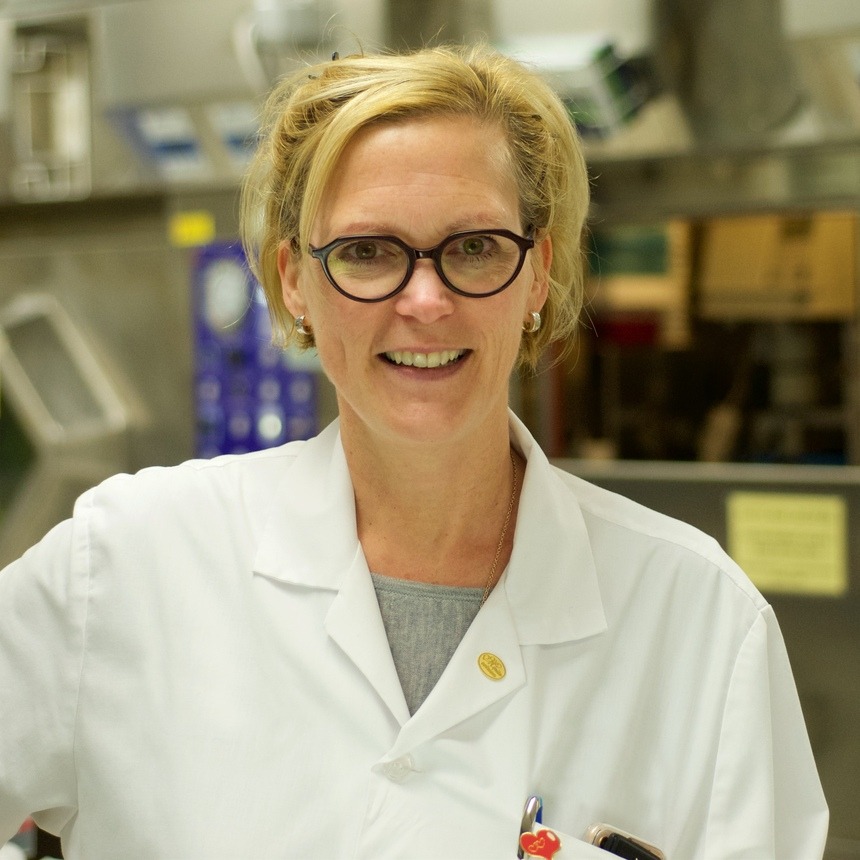
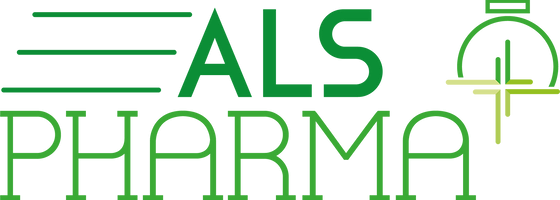
Imaging to detect amyotrophic lateral sclerosis
In this project, Pre. Brigitte Guérin and AL-S Pharma will develop an 89Zr-PET imaging agent targeting misfolded superoxide dismutase-1 (SOD-1) for the detection of amyotrophic lateral sclerosis (ALS). Drug distribution and receptor occupancy of AL-S Pharma's mSOD1 ligand will be assessed using the high sensitivity of PET imaging. AL-S Pharma is an emerging company focused on the discovery of small molecule therapeutics and diagnostics for the treatment of ALS.
Development of a real-time portable biosensor
To determine the concentration of molecules directly in complex matrices, blood samples are transported to state-of-the-art laboratories. Despite this, it can take several hours or even days before a result is available. It is therefore essential to develop new approaches that enable drug users to simply measure the concentration of a molecule in their blood. In the context of the Acuité Québec project, we aim to s develop a new biosensor for molecular monitoring in the body, to be placed at the patient's bedside in order to personalize drug dosage in real time.

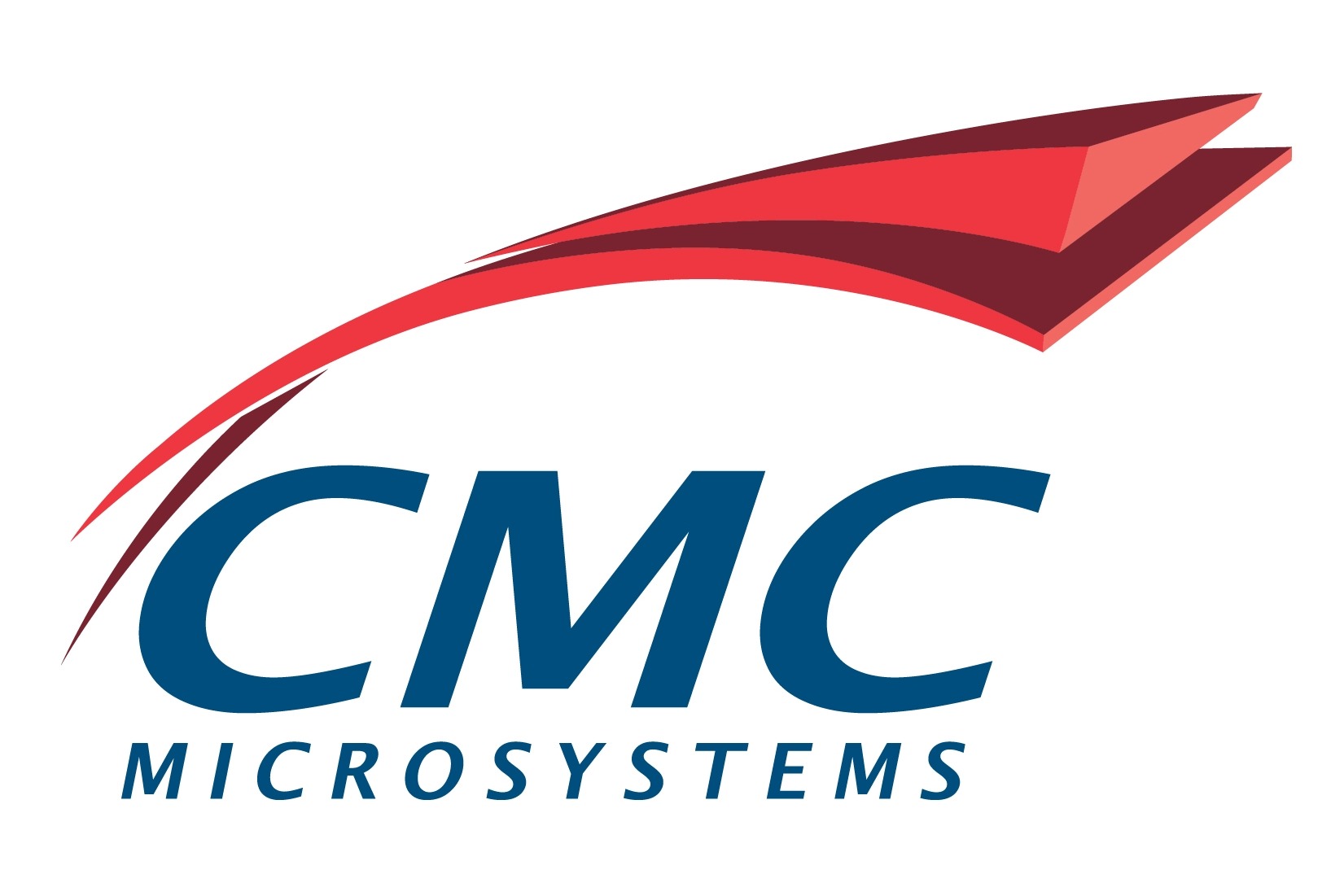
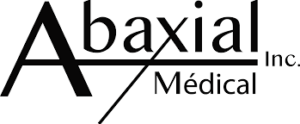


Using AI to develop the world's most accurate positron emission tomography (PET) scan of the brain for drug development
Professor Lecomte's team is building the next generation of Ultra High Resolution PET scanner, which is approaching the "Holy Grail" of in vivo autoradiography. To achieve this, they are using the LabPET technology platform developed at the Université de Sherbrooke, featuring unique fully pixelated detectors and parallel integrated electronic readout. Comparative analysis using realistic physical simulations and initial experiments demonstrate impressive performance, including unprecedented volumetric spatial resolution in preclinical PET and high isotropic resolution for brain imaging.
